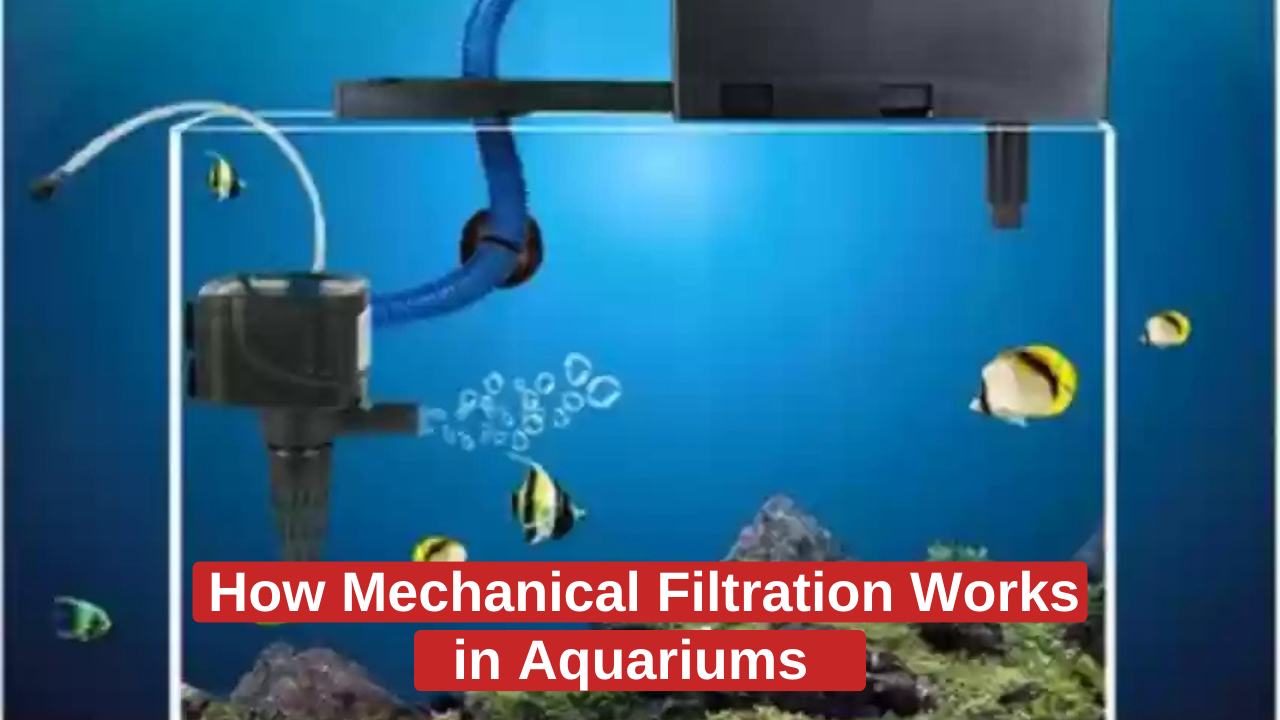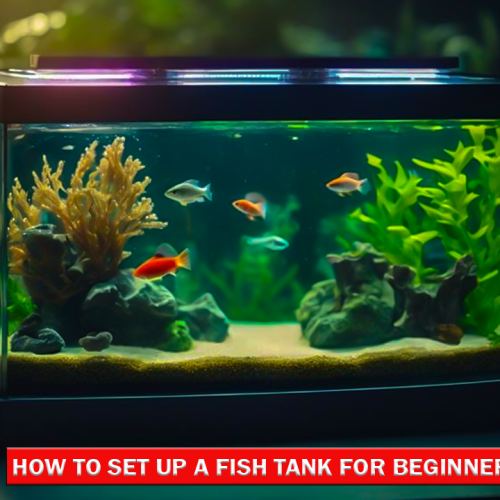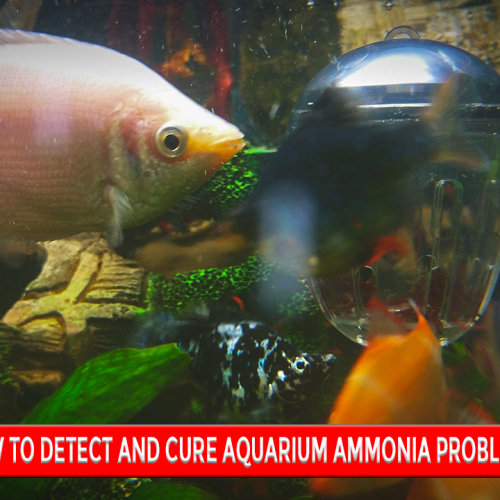Mechanical filtration is a vital aquarium maintenance method through which the debris and particulate matter from the water is removed. Let’s delve deeper into how it works, why it’s critical for a healthy aquarium, and answer some frequently asked questions.
What is Mechanical Filtration?
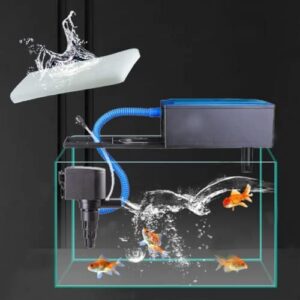 Mechanical filtration involves eliminating suspended particles in water with the help of trapping within water in an aquarium. Particles include leftover food and food waste from fish, leaves, and other organic residues that cause the clouding of water. Usually, mechanical filtration is through the sponge filters, pads that act as filters or have porous materials that trap all detritus passing through in water, hence making water look clean and clear.
Mechanical filtration involves eliminating suspended particles in water with the help of trapping within water in an aquarium. Particles include leftover food and food waste from fish, leaves, and other organic residues that cause the clouding of water. Usually, mechanical filtration is through the sponge filters, pads that act as filters or have porous materials that trap all detritus passing through in water, hence making water look clean and clear.
How Does Mechanical Filtration Work?
- Water Circulation: The filter sucks in the water through a pump and circulates it through various types of filter media.
- The debris capture: Water flowing through the media captures within its fibers, keeping it from reaching the tank.
- Clean water return: A visibly clean water is returned to the tank and ready for fish and plants.
This filtration process does not remove dissolved chemicals, but by catching the particles before they break down, it reduces the substances that can stress fish and plants. It also eases the load on chemical and biological filters, which need clean water to work efficiently.
Types of Mechanical Filtration Media
Different setups benefit from different types of filter media. Here are some common ones: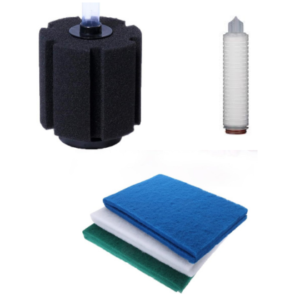
- Sponge Filters: Sponge filters catch debris while at the same time housing beneficial bacteria, so they are good for small tanks or as a supplement filter.
- Filter Floss: This is a finer medium that captures smaller particles to clean up the tank, and it is often used in aquariums with sensitive plants or fish.
- Filter Pads and Cartridges: These vary in density and capture large and small debris to give a balanced filtration approach.
Advantages of Mechanical Filtration
Mechanical filtration holds many advantages as outlined below:
- Cleaner Water: Mechanical filters eliminate the apparent detritus; thereby, the tank is seen easily with improved clarity.
- Less Toxins: As mechanical filters do not biodegrade the waste material, they trap the detritus, ensuring decomposition will give less toxic ammonia.
- Biological Filtration aid: Sometimes, a term used to describe a ‘pre-filter’. Mechanical filtration washes over the water containing biological filters, meaning the water in which they will operate can contain fewer detritus particles for them to do their job well.
Taking Care of Your Mechanical Filter
Maintenance in terms of mechanical filtration should not go unattended to as a constant reminder to maintain an aquarium. Things to remember are:
- Change your Filter Media: for all media, wash those out in aquarium water, during the process of a partial water change. Chlorine in tap water could affect beneficial bacteria.
- Check Water Flow: Low water flow can mean that a filter is blocked. Cleaning or replacing media will solve the problem.
Conclusion:
Mechanical filtration is very important in keeping the aquarium healthy, as it literally cleans the debris, making it supportive of other filtration methods. Maintenance and right choice of filter media all make a difference in water quality, ensuring happy inhabitants in your aquarium.
FAQs (frequently-asked questions)
Mechanical filtration is useful in most tanks because it removes suspended particles from solution, which reduces the load on biological and chemical filters. Mechanical filtration is not strictly necessary when there are many plants covering most of the tank surfaces and there is little floating debris.
Ideally, you should clean the filter media during each water change, typically every two weeks. If you observe reduced water flow, then it may be time for an extra cleaning.
Not directly. Mechanical filters only trap visible particles. However, by removing debris before it decomposes, mechanical filtration helps prevent the formation of harmful substances like ammonia.
Both have their advantages; sponge filters are good at capturing larger particulate matter, and they provide a place for beneficial bacteria to thrive; filter floss captures finer particulate matter, so it is good for those tanks that need a little extra clarity.
No, mechanical filtration is only a part of an entire filtration system. Chemical and biological filtration deal with dissolved waste and toxins that mechanical filters cannot eliminate.

